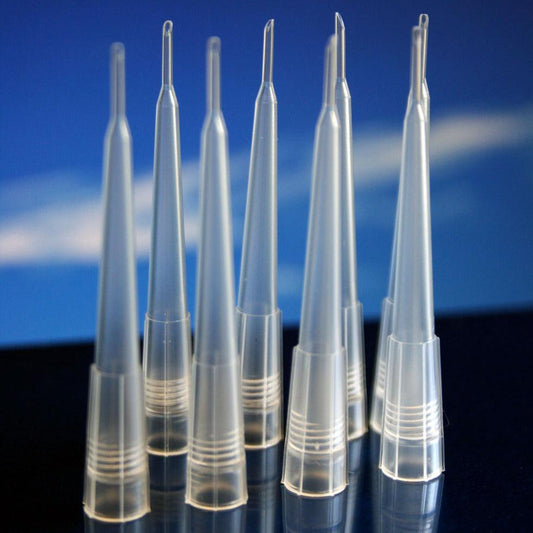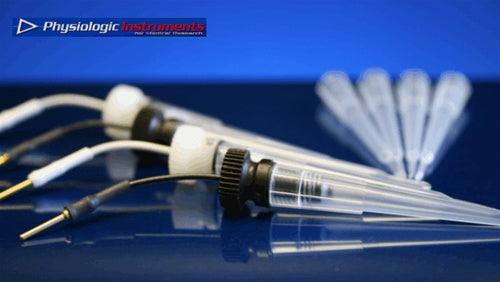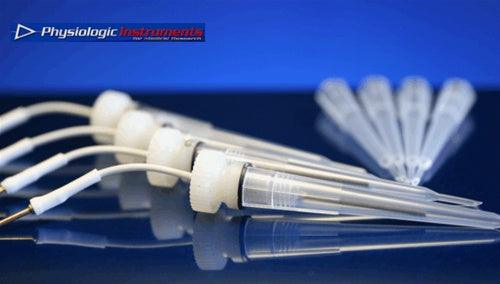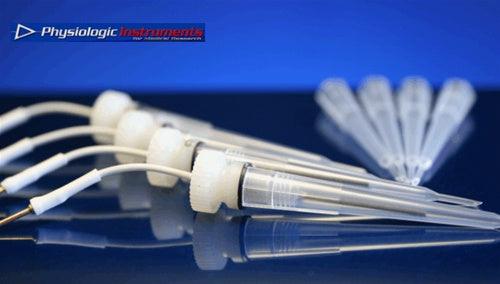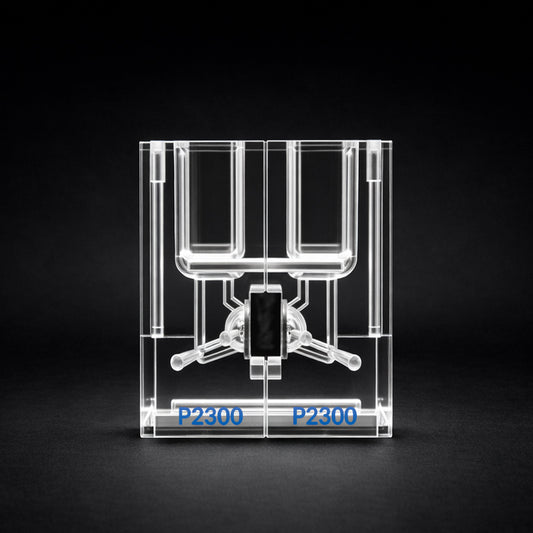Untersuchungen zur Darmpermeabilität sind in der gastrointestinalen Forschung unerlässlich, da sie es Wissenschaftlern ermöglichen, die Barrierefunktion des Darmepithels zu beurteilen. Diese Barriere ist entscheidend für die Nährstoffaufnahme, die Immunregulation und die Verhinderung des Eindringens schädlicher Substanzen in den Blutkreislauf.
Für eine genaue Messung der Darmpermeabilität werden spezielle Testgeräte benötigt, die präzise und reproduzierbare Ergebnisse liefern und gleichzeitig die Gewebelebensfähigkeit während des gesamten Experiments erhalten.
Warum sollte man die Darmpermeabilität erforschen?
Eine erhöhte Durchlässigkeit des Darms – oft auch als „Leaky Gut“ bezeichnet – wird mit einer Reihe von Erkrankungen in Verbindung gebracht, darunter:
-
Chronisch-entzündliche Darmerkrankung (CED)
-
Zöliakie
-
Reizdarmsyndrom (RDS)
-
Stoffwechselstörungen
-
Systemische Entzündung
Umgekehrt kann eine verminderte Durchlässigkeit die Nährstoffaufnahme beeinträchtigen. Das Verständnis der Dynamik der Darmbarrierefunktion hilft Forschern, Therapien zu entwickeln, Arzneimittelverabreichungssysteme zu testen und Krankheitsmechanismen zu erforschen.
Wichtige Methoden zur Messung der Darmpermeabilität
In der Forschung zur Darmpermeabilität dominieren zwei primäre experimentelle Ansätze:
-
Transepithelialer elektrischer Widerstand (TER)
-
Misst den elektrischen Widerstand im Epithelgewebe
-
Ein höherer Widerstand deutet typischerweise auf dichtere Verbindungen und eine bessere Barrierefunktion hin.
-
Die Durchführung erfolgt in Ussing-Kammer-Systemen oder Zellkultureinsätzen.
-
-
Parazellulärer Markerfluss
-
Verfolgt die Bewegung nicht resorbierbarer Marker (z. B. FITC-Dextran, Mannitol) durch das Epithel.
-
Quantifiziert den tatsächlichen Moleküldurchtritt und ergänzt damit TER-Messungen.
-
Unverzichtbare Ausrüstung zur Bestimmung der Darmpermeabilität
Hochwertige Ergebnisse hängen von spezialisierten Laborsystemen ab, die für die Epithelforschung entwickelt wurden:
1. Verwendung von Kammersystemen
Der Goldstandard für Darmpermeabilitätsmessungen, die Ussing-Kammer, besteht darin, lebendes Darmgewebe oder kultivierte Epithelzellschichten zwischen zwei Kammern zu platzieren, die die Schleimhaut- und die Serosaseite darstellen.
-
Temperatur, Sauerstoffversorgung und Perfusion kontrollieren
-
Messen Sie TER, Kurzschlussstrom (Isc) und Molekularfluss.
-
Beispiel: EasyMount-Using-Kammern von Physiologic Instruments für die schnelle und reproduzierbare Gewebemontage.
2. Strom-Spannungs-Klemmen
In Kombination mit Ussing-Kammern halten diese Geräte festgelegte Spannungen oder Ströme aufrecht, um transepitheliale elektrische Eigenschaften genau zu messen.
-
Einzel- oder Mehrkanalmodelle verfügbar
-
Digitale Datenerfassung für die Hochdurchsatzanalyse
3. Perfusions- und Gasaustauschsysteme
Die Lebensfähigkeit des Gewebes wird durch die Zufuhr frischer, sauerstoffreicher Pufferlösungen während des gesamten Experiments erhalten.
-
Kontinuierliche Gaslift-Methode zur Sauerstoffanreicherung
-
Präzise Durchflussregelung zur Vermeidung mechanischer Belastung des Gewebes.
4. Temperaturregler
Für genaue biologische Reaktionen muss das Gewebe bei physiologischen Temperaturen (typischerweise 37°C) gehalten werden.
-
Inline-Heizungen oder beheizte Kammerblöcke
5. Datenerfassungssoftware
Schnittstellen zu Klemmen und Sensoren zur Aufzeichnung und Analyse von Ergebnissen in Echtzeit.
-
Grafische Darstellungen von TER und Ionentransport
-
Statistische Werkzeuge zum Vergleich von Versuchsgruppen
Das richtige System auswählen
Bei der Auswahl von Geräten zur Bestimmung der Darmpermeabilität sollten Sie Folgendes berücksichtigen:
-
Gewebetyp (Tiermodell, menschliche Biopsie oder kultivierte Zellmonoschicht)
-
Durchsatzanforderungen (Einkammer-Lehrsysteme vs. Mehrkanal-Forschungssysteme)
-
Gemessene Parameter (nur TER oder TER plus Flux-Assays)
-
Budget und Erweiterbarkeit (modulare Systeme können im Laufe der Zeit aufgerüstet werden)
Warum physiologische Instrumente
Wir von Physiologic Instruments sind spezialisiert auf Geräte, die speziell für Studien zum epithelialen Transport und zur Barrierefunktion entwickelt wurden. Unsere Ussing-Kammer-Systeme, Spannungs-Strom-Klemmen und das dazugehörige Zubehör werden in führenden Forschungslaboren für den Gastrointestinaltrakt weltweit eingesetzt.
Vorteile der Wahl unserer Systeme:
-
Präzisionstechnik für reproduzierbare Daten
-
Modulares Design für flexible Forschung
-
Direkte Unterstützung von Wissenschaftlern, die Ihre Anwendung verstehen
-
Nachgewiesene Erfolgsbilanz in der von Fachkollegen begutachteten gastrointestinalen Forschung
Abschluss
Untersuchungen zur Darmpermeabilität sind ein Eckpfeiler der Forschung zur gastrointestinalen Physiologie. Der Einsatz hochwertiger Spezialgeräte – wie Ussing-Kammern in Kombination mit Spannungs-Strom-Klemmen, Perfusionssystemen und Temperaturregelung – gewährleistet präzise und reproduzierbare Ergebnisse, die den wissenschaftlichen Fortschritt vorantreiben.
📩 Kontaktieren Sie Physiologic Instruments um die beste Ausrüstung zur Bestimmung der Darmpermeabilität für Ihr Labor zu besprechen.

